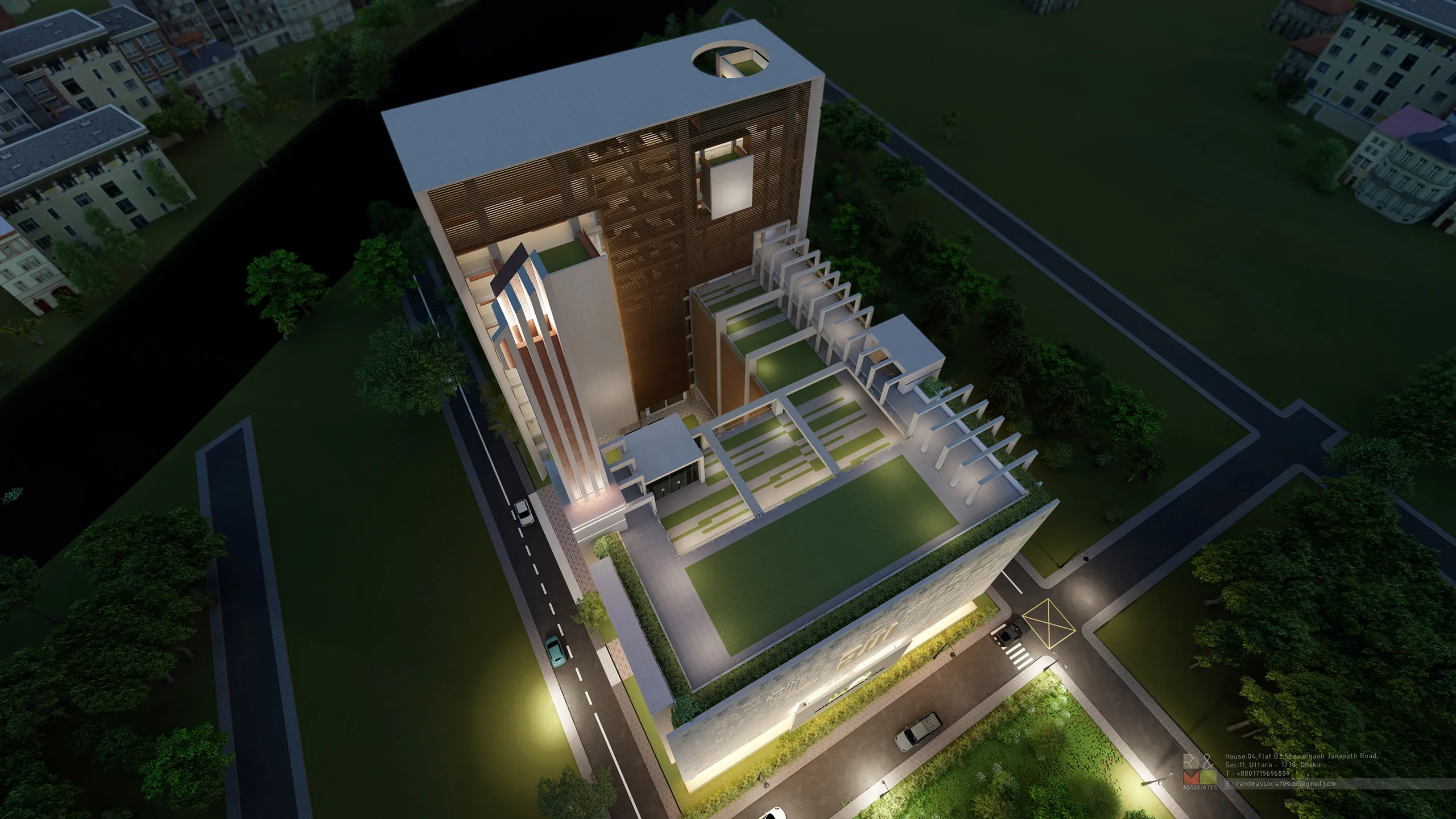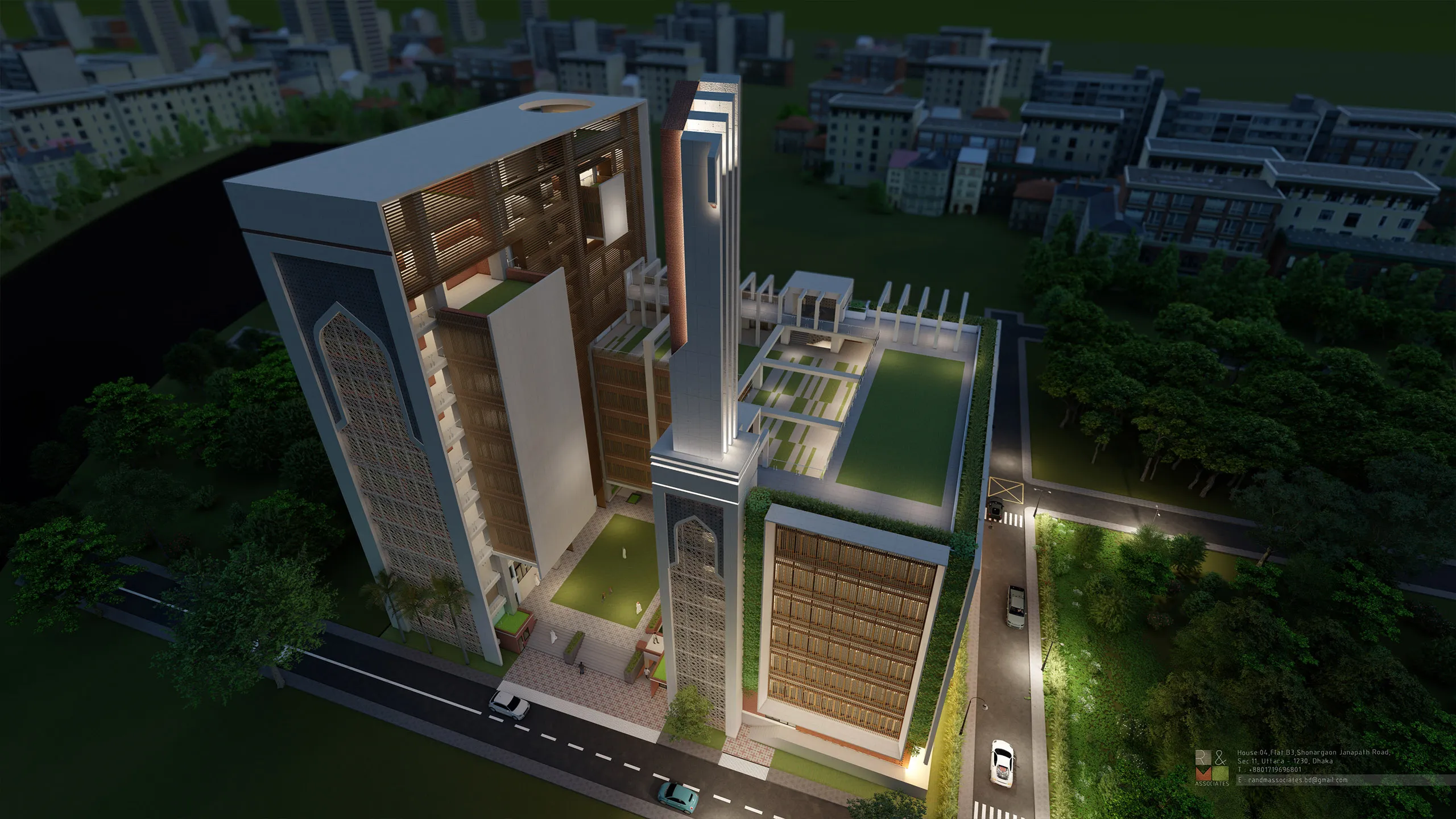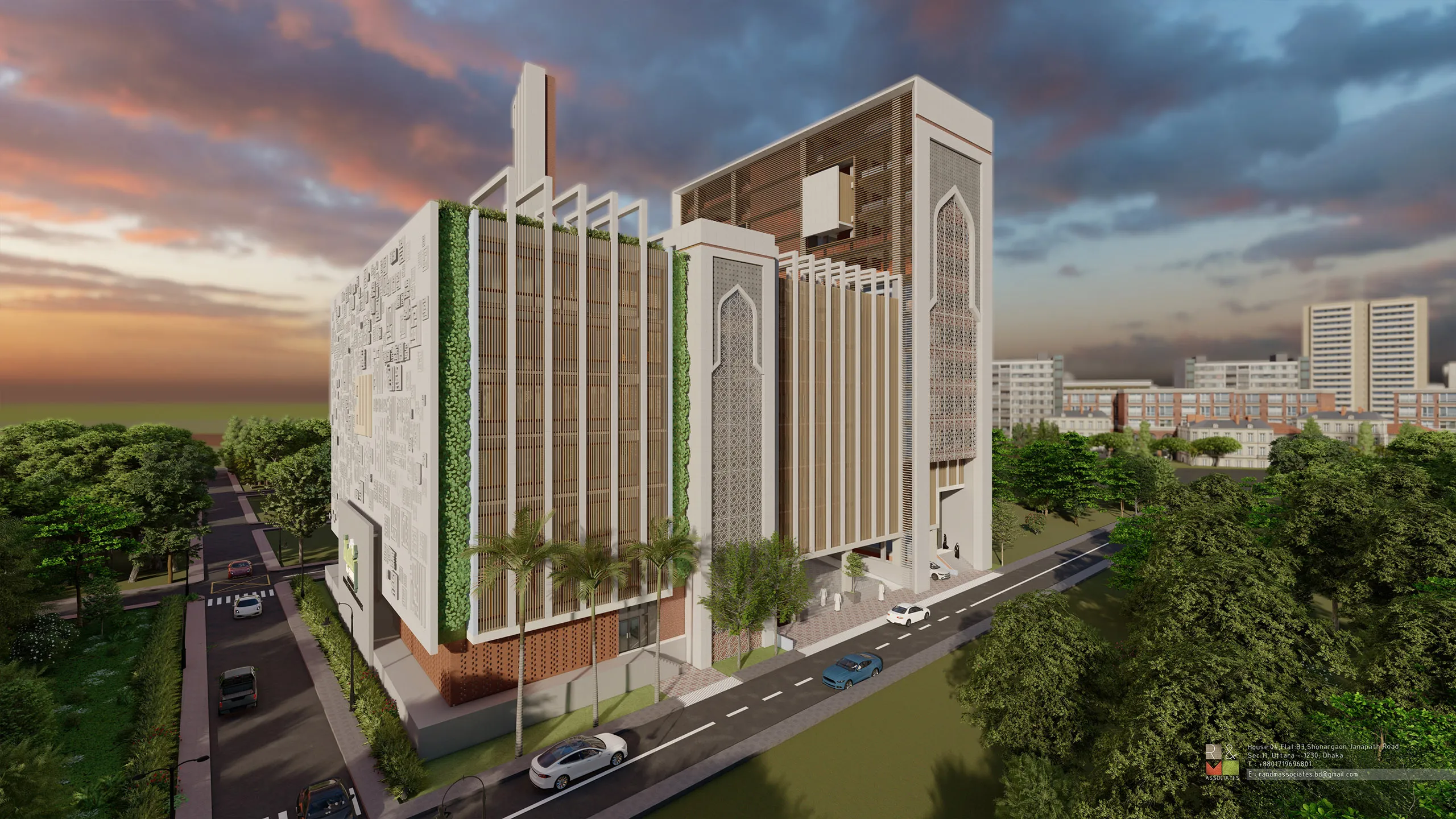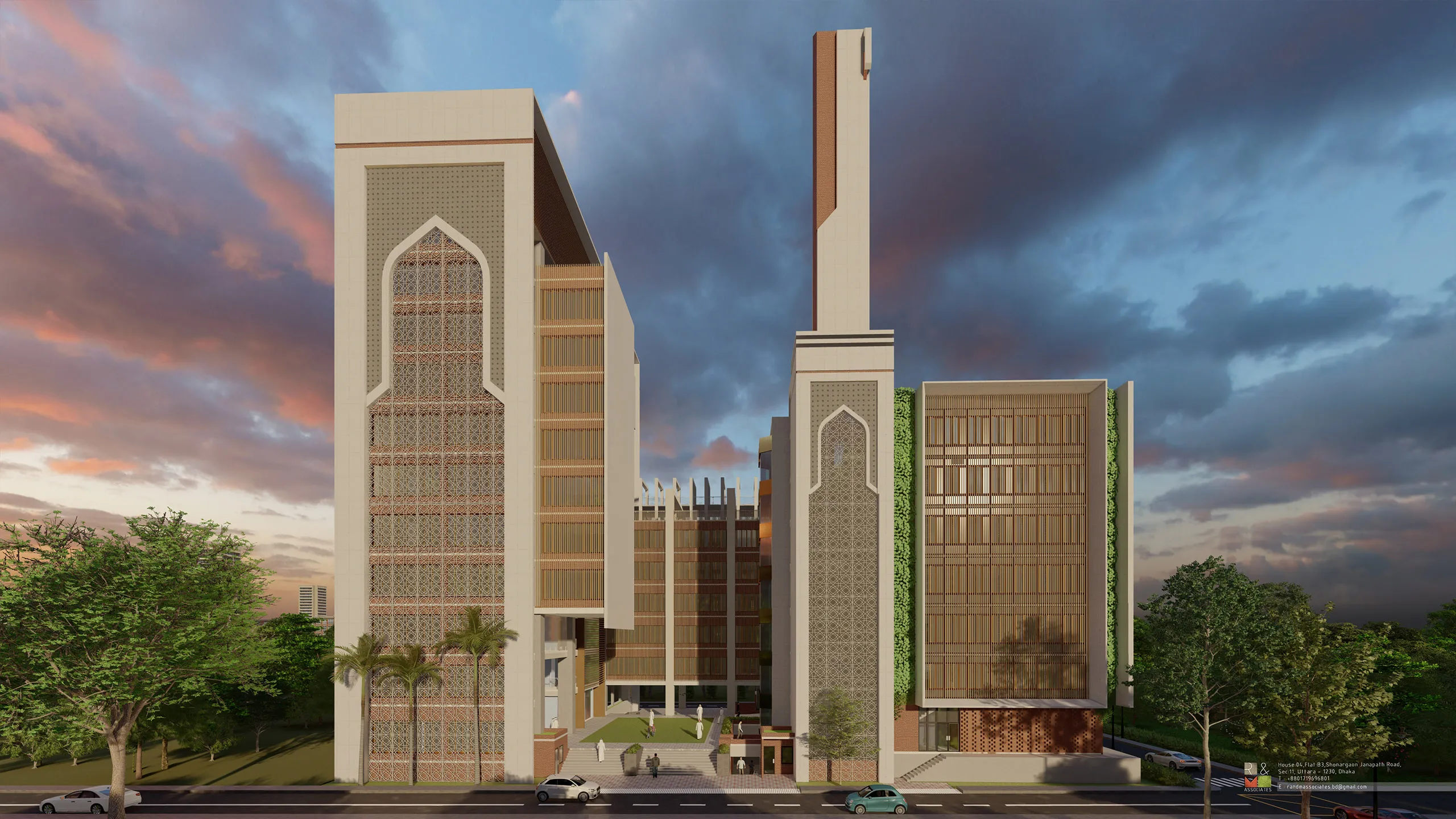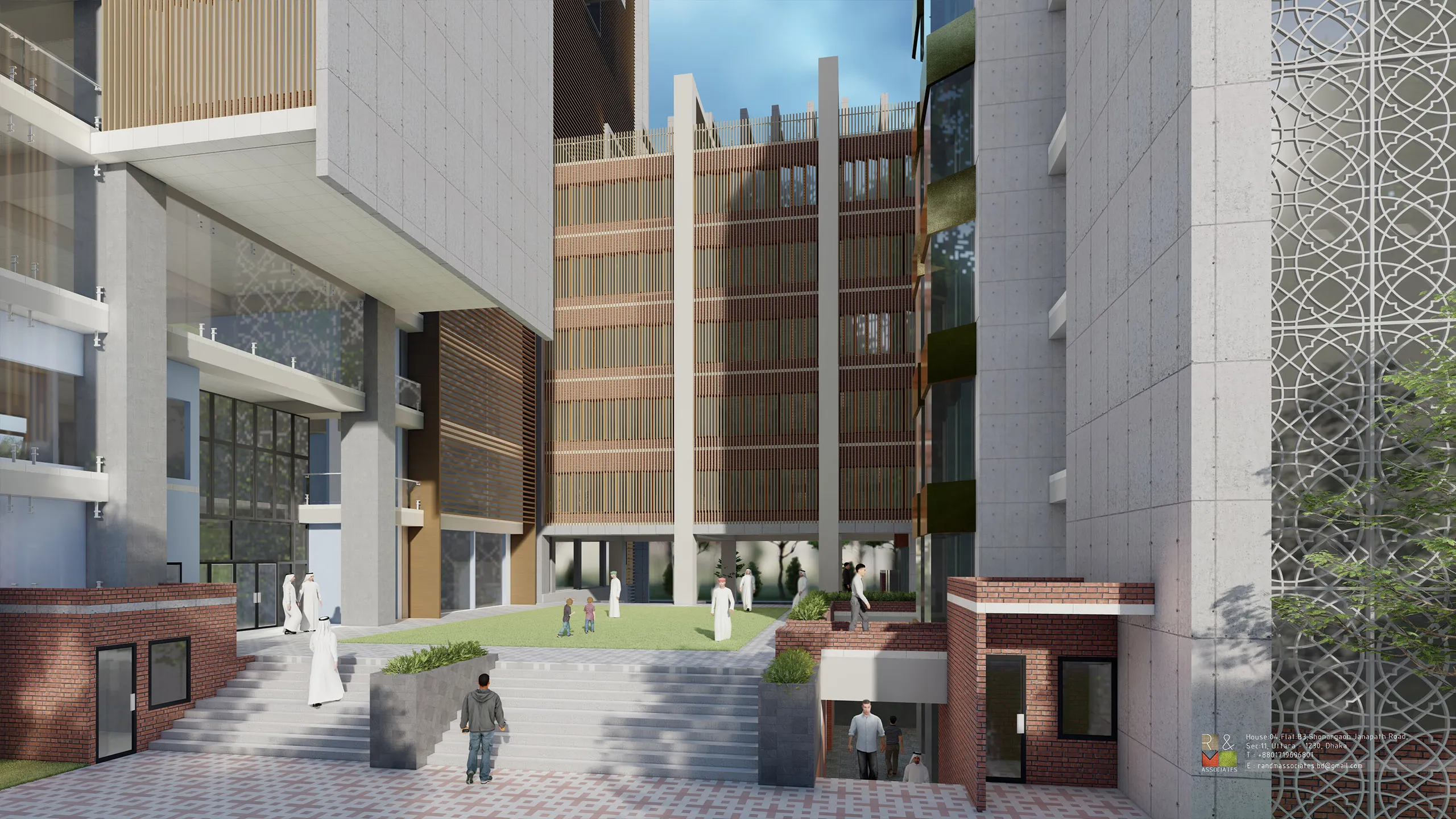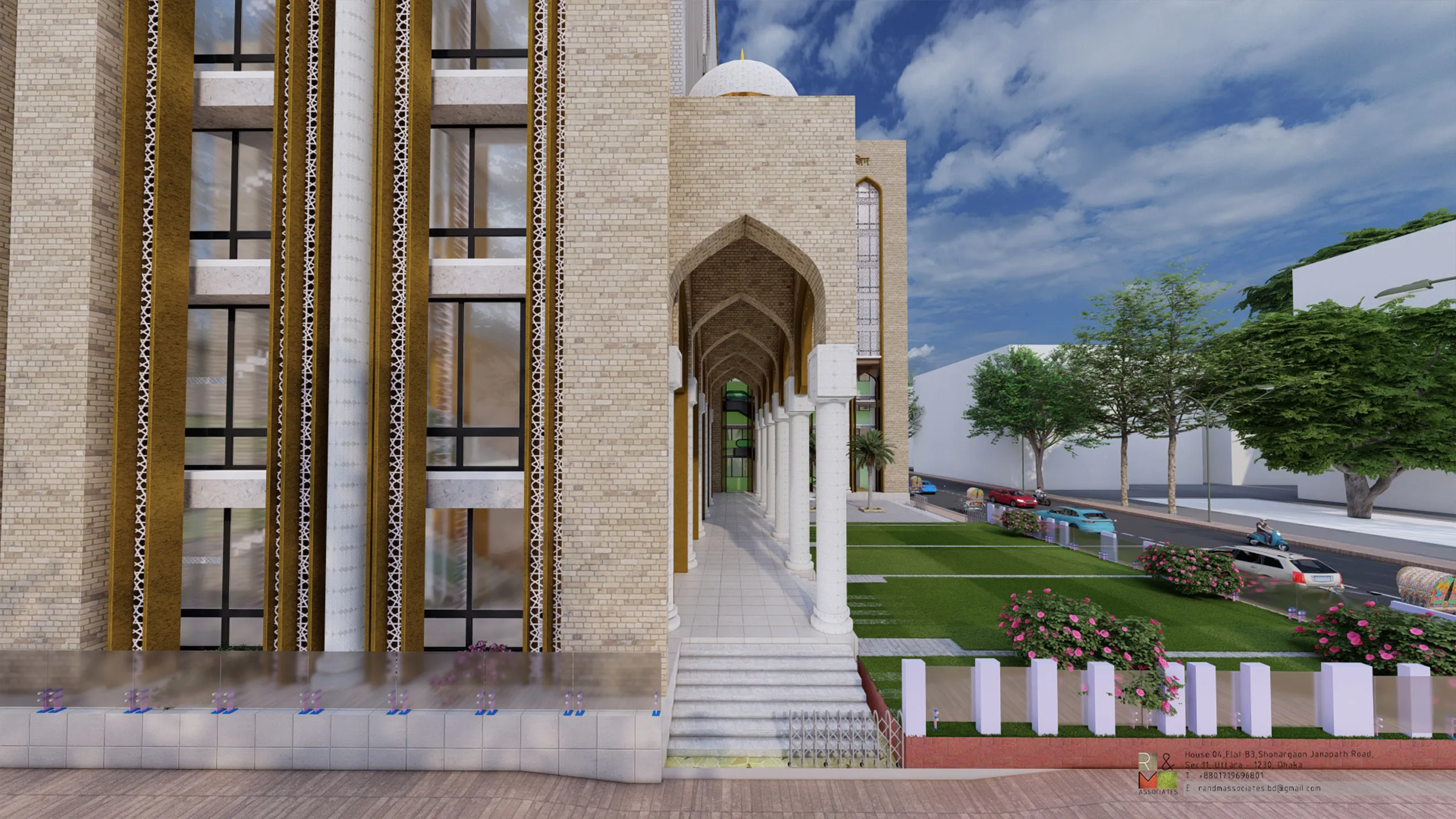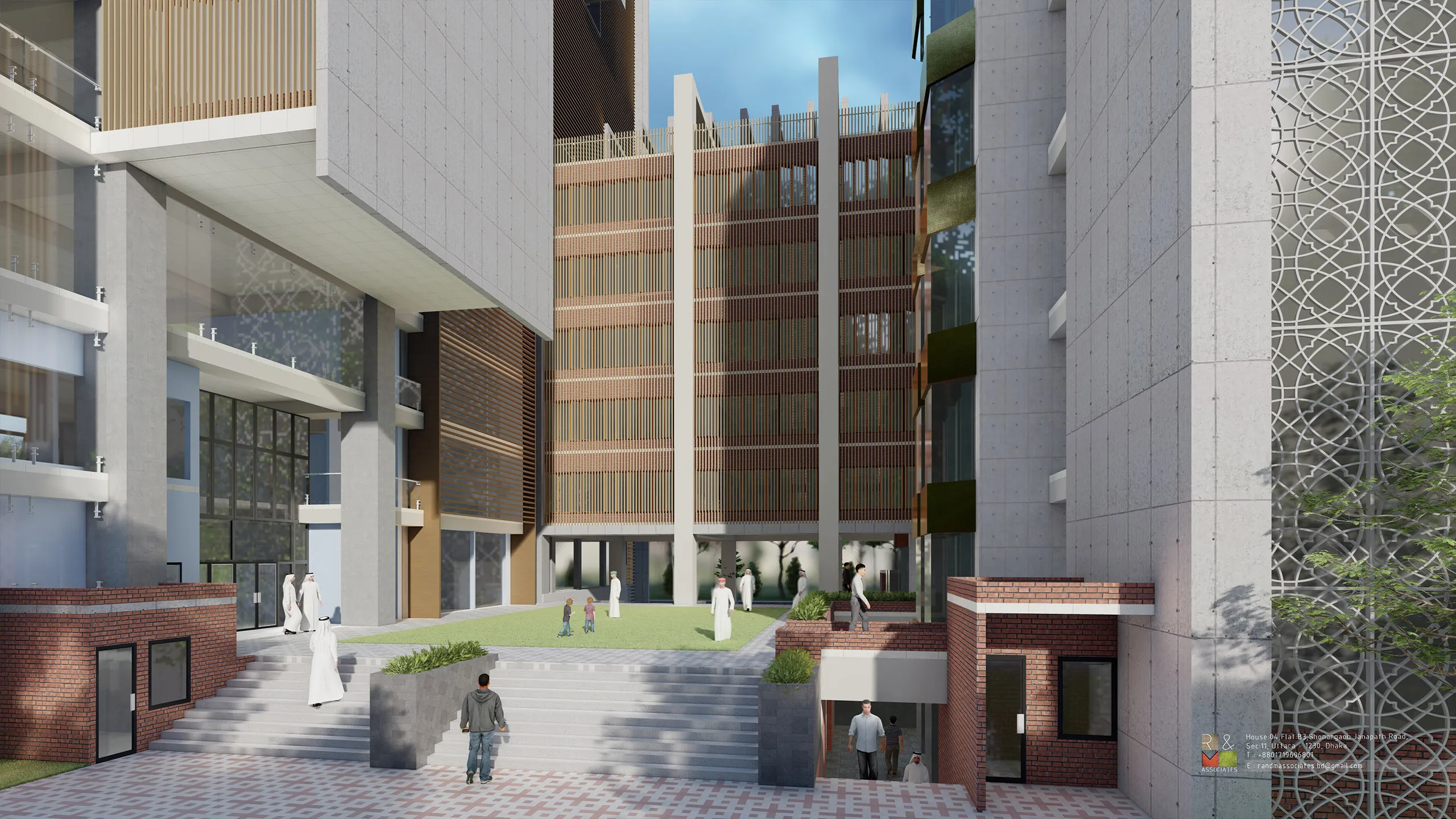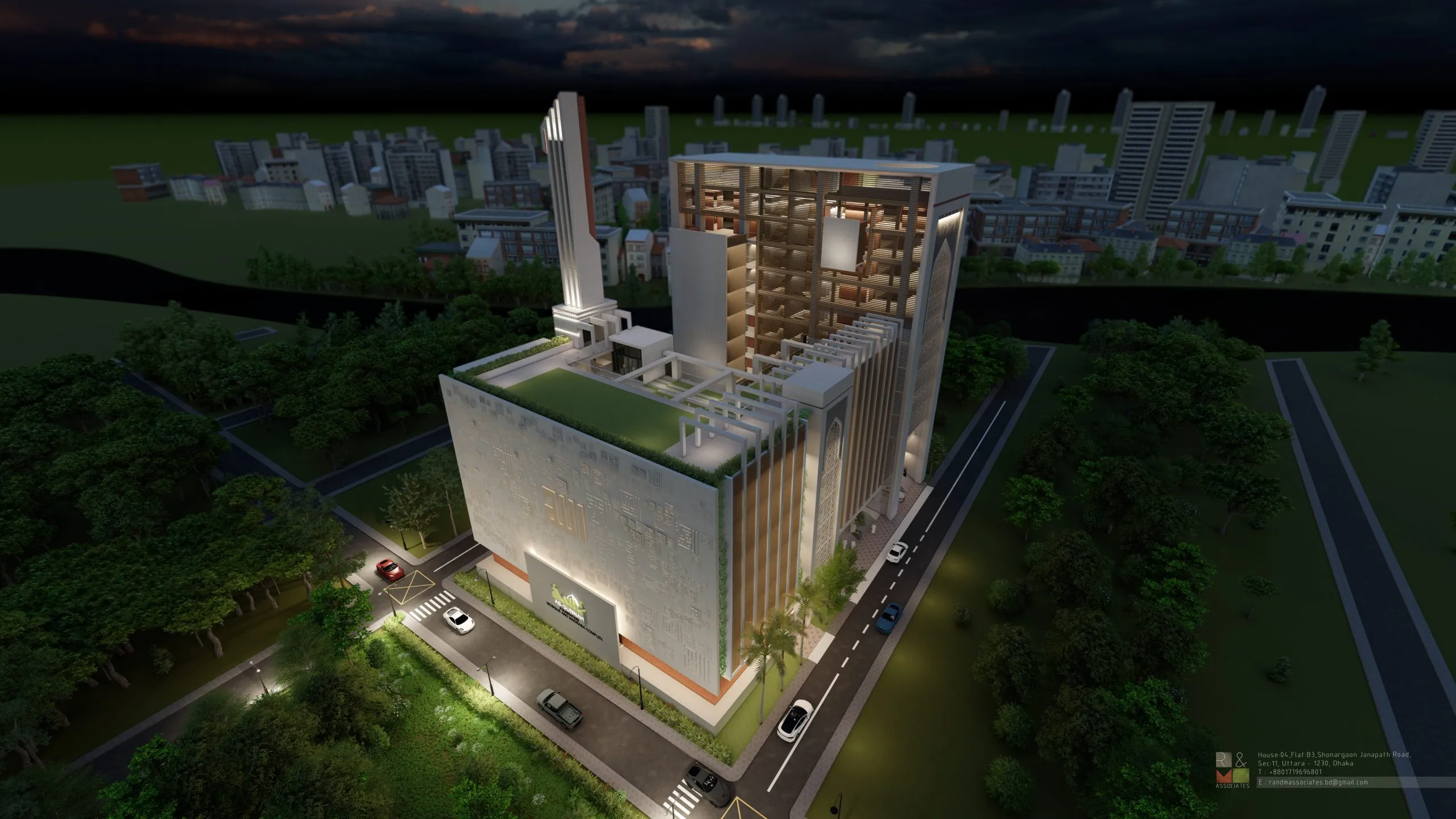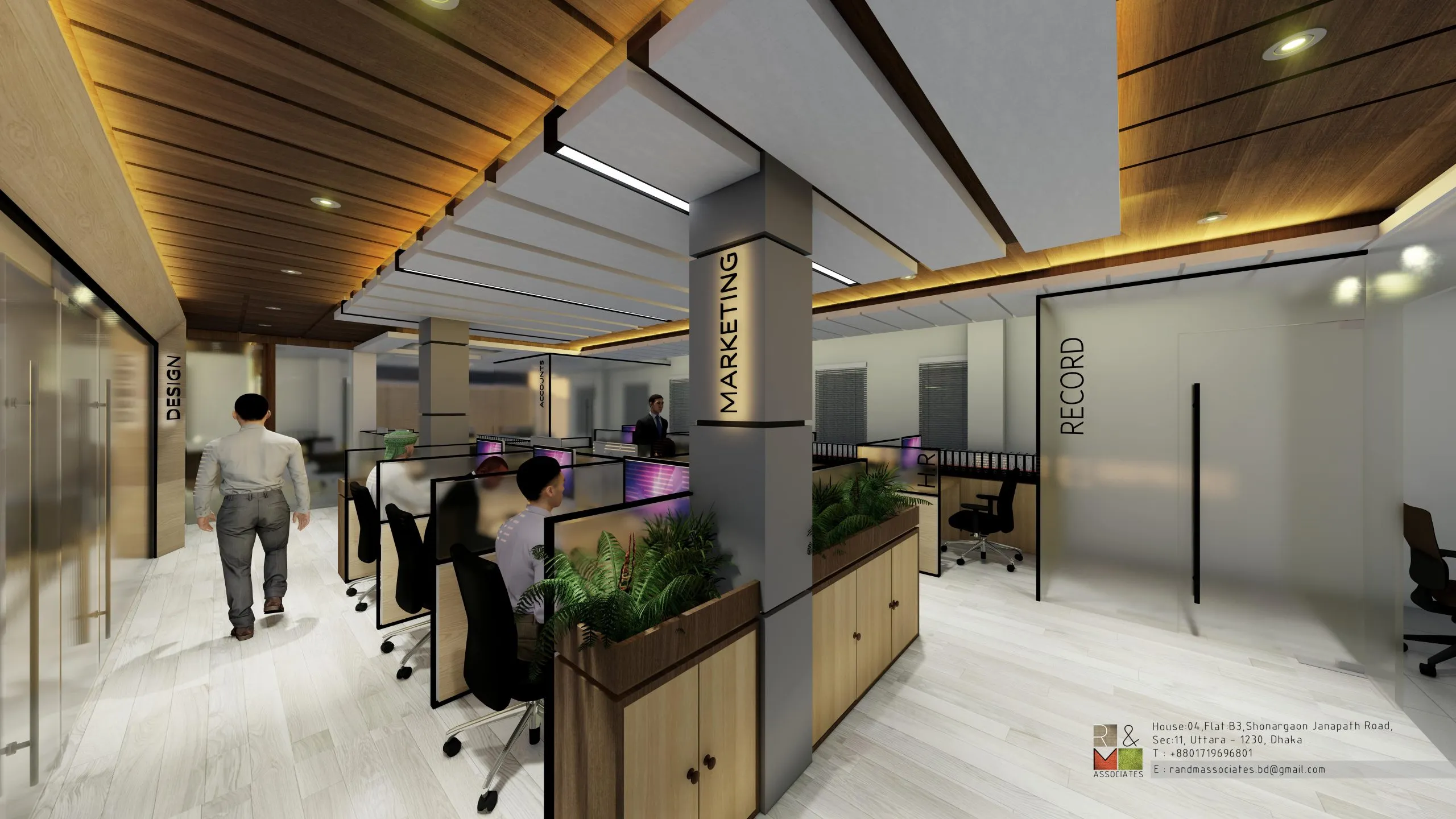Introduction
Project planning is a crucial component of construction management, ensuring that projects are completed on time, within budget, and to the desired quality. Without effective planning, construction projects can face delays, cost overruns, and other complications. Below are key strategies to ensure successful construction management through effective project planning.
A well-defined project scope sets the foundation for everything. Construction managers need to outline the goals, deliverables, deadlines, and constraints from the beginning. By having a clear understanding of what is expected, you can avoid scope creep, which can lead to additional costs and delays.
- Collaborate with stakeholders to align objectives.
- Define the scope in detail, including specific tasks and responsibilities.
- Update scope documents if changes occur during the project lifecycle.

Comprehensive Budget Planning
A detailed budget is essential for controlling costs. Effective project managers not only allocate funds to materials and labor but also account for contingencies. Overruns are common in construction, and having a financial buffer ensures projects can continue without disruption.
Tips:
- Conduct a thorough cost estimate for labor, materials, and equipment.
- Include contingency funds for unexpected events or changes.
- Track expenses regularly to avoid overspending.
Project timelines must be realistic and achievable. An overly aggressive schedule can lead to rushed work, mistakes, and quality issues. On the other hand, a well-planned schedule considers potential delays and sets realistic deadlines for milestones.

Effective Resource Management
Ensuring the availability of the right materials, equipment, and skilled labor is critical for project success. Poor resource management can lead to delays or increased costs due to last-minute procurements or workforce shortages.
Tips:
- Identify all resources needed at each stage of the project.
- Maintain close coordination with suppliers for timely delivery.
- Avoid over-allocation or underutilization of workers and equipment.

Strong Communication and Collaboration
Clear communication among all stakeholders—project managers, contractors, suppliers, and clients—is essential. Miscommunication can result in costly mistakes, delays, or unsatisfactory outcomes.
Tips:
- Hold regular meetings to discuss progress, issues, and upcoming tasks.
- Use project management software to keep all stakeholders informed.
- Foster an open-door policy for team members to raise concerns early.
A successful project doesn’t just finish on time and within budget; it also meets quality standards. Quality control must be integrated into the planning process to ensure that the final result aligns with specifications and regulations.





